Replacing a heat pump is a significant investment for any homeowner. As with any major purchase, it's important to do your research and consider a few key factors before making a decision. Here are the top three things you should consider when replacing your heat pump:
Efficiency
When it comes to heat pumps, efficiency is king. Heat pumps use electricity to transfer heat from the air or ground outside your home to the air inside, making them an incredibly energy-efficient heating and cooling option. When shopping for a new heat pump, look for models with a high SEER (Seasonal Energy Efficiency Ratio) and HSPF (Heating Seasonal Performance Factor) rating. These ratings indicate how efficiently the unit operates and can have a significant impact on your energy bills.
Additionally, consider investing in a variable speed heat pump. Unlike traditional single-speed heat pumps, variable speed models adjust their output based on your home's heating and cooling needs. This can result in even greater energy savings and improved comfort.
Cost
The cost of a new heat pump can vary widely depending on factors such as the size of your home, the type of unit you choose, and the installation costs. On average, homeowners can expect to spend between $3,500 and $7,500 for a new heat pump installation.
While it can be tempting to choose a cheaper model to save money upfront, remember that investing in a high-efficiency unit can pay off in the long run through lower energy bills. Additionally, consider financing options or rebates that may be available to offset the initial cost of the unit.
Installation
Proper installation is crucial to ensure your new heat pump operates efficiently and reliably. When choosing a contractor for your installation, look for one with experience and certification in heat pump installation. Additionally, ask for references and check online reviews to ensure you're working with a reputable company.
During the installation process, your contractor should perform a load calculation to determine the appropriate size of your new unit. Oversized or undersized units can lead to reduced efficiency and comfort issues.
When it comes to replacing your heat pump, efficiency, cost, and installation are three key factors to consider. By doing your research, investing in a high-efficiency model, and choosing a reputable contractor, you can ensure that your new heat pump provides reliable and efficient heating and cooling for years to come.
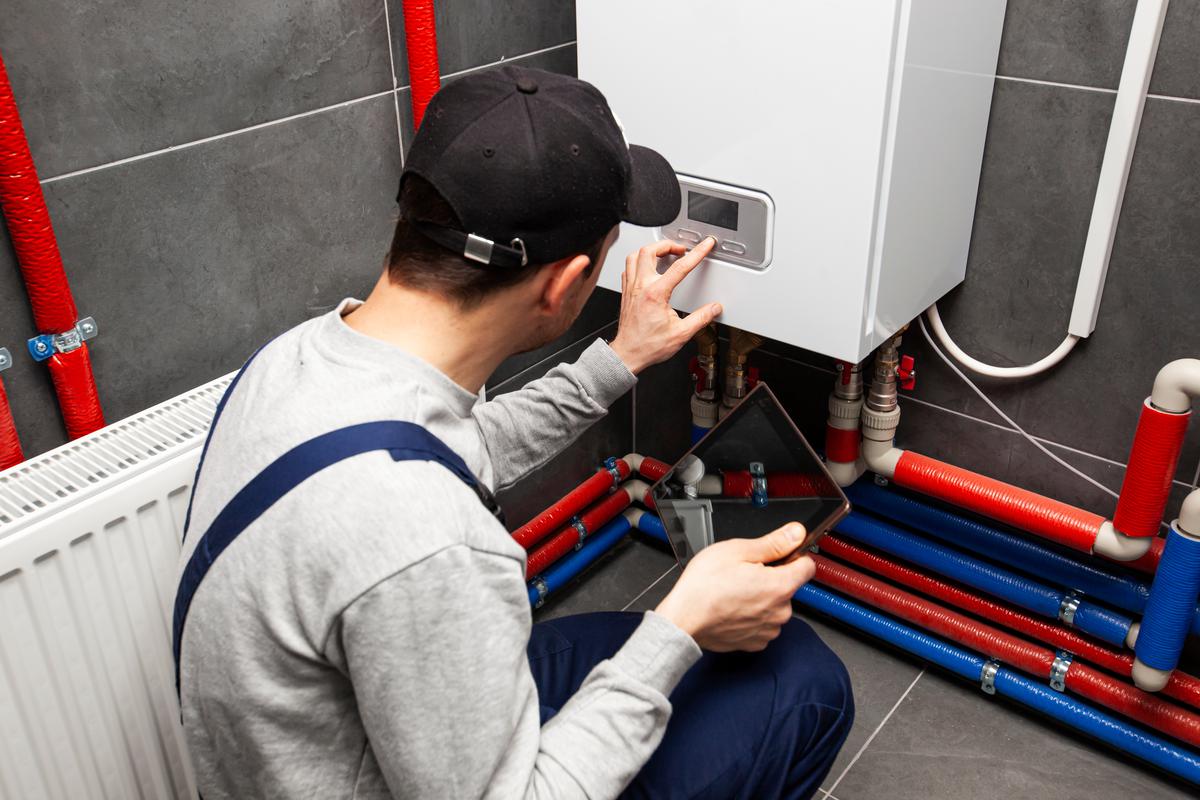

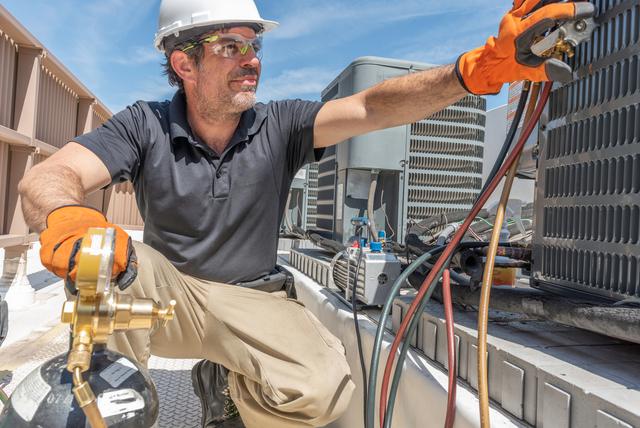
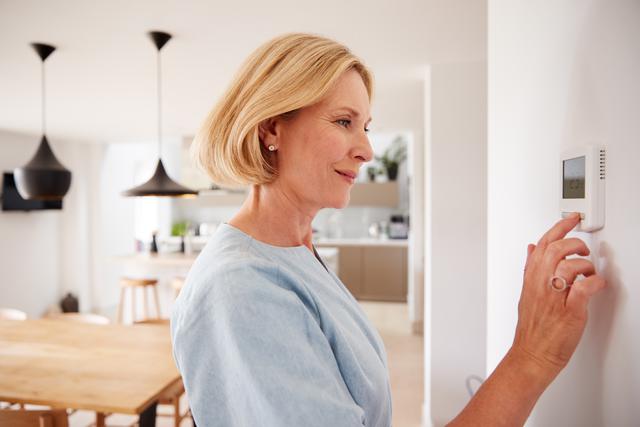
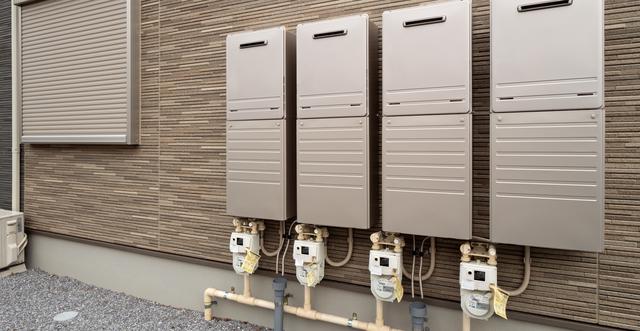
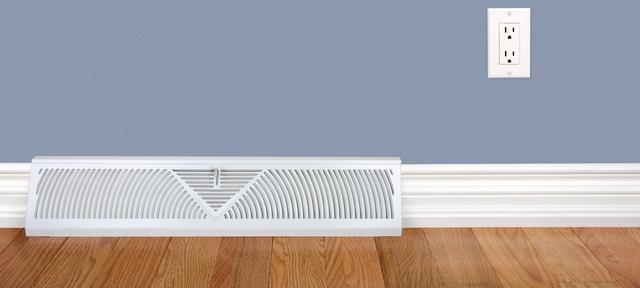
comments